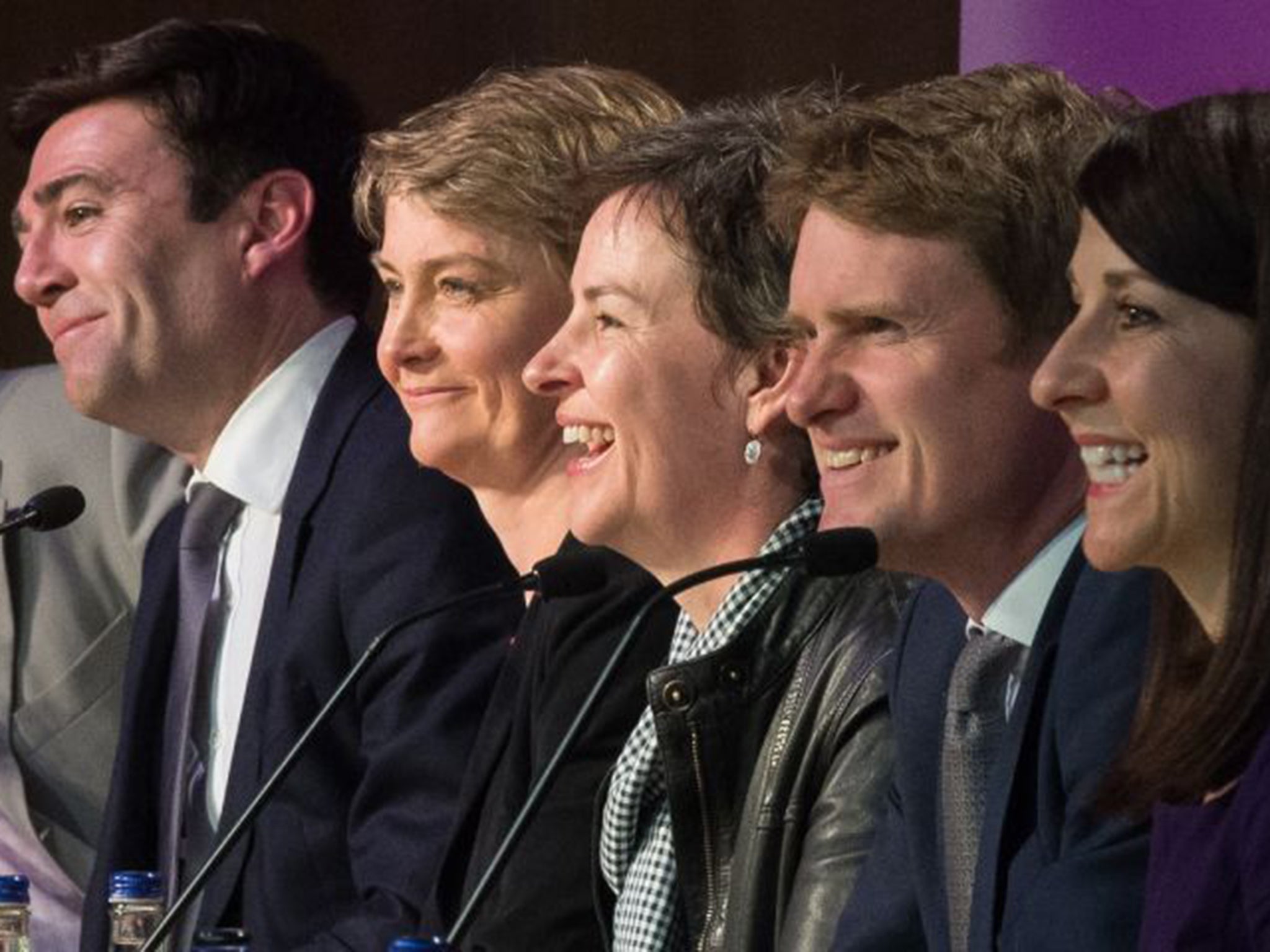The Labour party’s attitude to “aspiration” and success is not a significant factor in its rejection by voters, according to new opinion research.
Polling conducted by GQR Research, who acted as Labour’s internal pollster during the campaign, asked voters what factors had put them off voting for the party at the election.
Out of seven main themes identified by researchers, hostility to “aspiration, success, and people who want to get on” ranked the lowest of all named concerns.
The finding is in stark contrast to the approach taken by practically all of Labour’s leadership contenders, who have put aspirational ideology at the centre of their campaigns.
Frontrunner Andy Burnham emphasised “aspiration” and “helping all of our businesses, small and large, to get on and grow”, in his leadership bid launch.
Liz Kendall, who is also standing for Labour leader, said the party had to understand voters’ “aspirations and ambitions for the future” while Mary Creagh claimed voters believed Labour “didn't understand their aspiration to earn money and provide a better life for their family”.
The move by leadership candidates was partly in response to interventions by New Labour grandees soon after the election.
In reality the most significant concern raised by voters was that Labour would spend too much and couldn’t be trusted with the economy. This was named by 40 per cent of voters.
Close behind were concerns about the party’s attitude to welfare benefits and the potential influence of the SNP over Labour, which was named by 25 per cent and 24 per cent respectively.
Concerns about aspiration and success were named by only 10 per cent of voters, behind raising taxes (14 per cent) and an EU referendum (14 per cent).
Who will be the next Labour leader?
Show all 7Even Conservatives voters were not hugely concerned by aspiration, with only 15 per cent citing it as a factor in their rejection of Ed Miliband’s party. This was under a quarter of the 61 per cent of Tories who cited overspending and exactly half of the 30 per cent who said they were concerned by SNP influence.
GQR’s researchers claimed earlier this month that official private polls conducted for the party’s leadership actually showed it significantly behind the Conservatives as early as Christmas 2014.
The firm’s follow-up polling conducted after the election was commissioned the TUC. Those polled were asked to pick the two most important factors and prompted from a list.
Labour’s leader will be announced at a special conference in September after several months of deliberation and a one-member, one-vote contest conducted under the alternative vote system.
Subscribe to Independent Premium to bookmark this article
Want to bookmark your favourite articles and stories to read or reference later? Start your Independent Premium subscription today.


Join our commenting forum
Join thought-provoking conversations, follow other Independent readers and see their replies